Many of the space-related activities that comprise eSpace’s role in research and development are carried out directly at EPFL labs with our support and coordination. Below is a list of EPFL labs with space-related projects and researchers. If you are doing space-related work at a lab that you would like included here, please contact us.
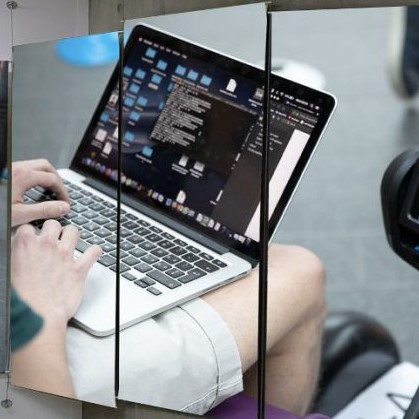
VITA's research enables a future where self-driving vehicles, or delivery/social robots will be facts of everyday life. Beyond [...]

The Embedded Systems Laboratory (ESL) is part of the Institute of Electrical and Micro Engineering at EPFL, and focuses on the [...]
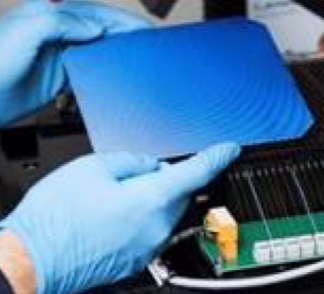
The laboratory of photovoltaics and thin-films electronics (PV-lab) of IEM, founded in 1984 by Prof. Arvind Shah and headed by [...]
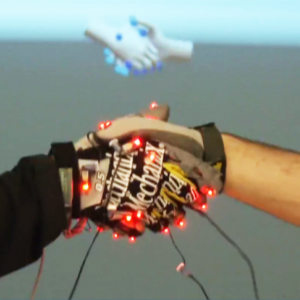
Our researches focus on embodied interactions, i.e. involving users through full-body movements to achieve new classes of tasks or [...]
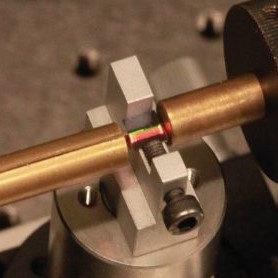
The photonic systems laboratory (PHOSL) research topics are centered around the study of optical nonlinear processes in waveguides [...]
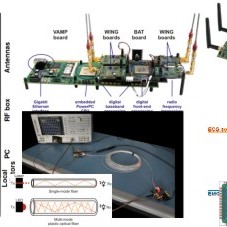
The Telecommunication Circuits Laboratory (TCL) is part of the Institute of Electrical Engineering at EPFL and concentrates on the [...]
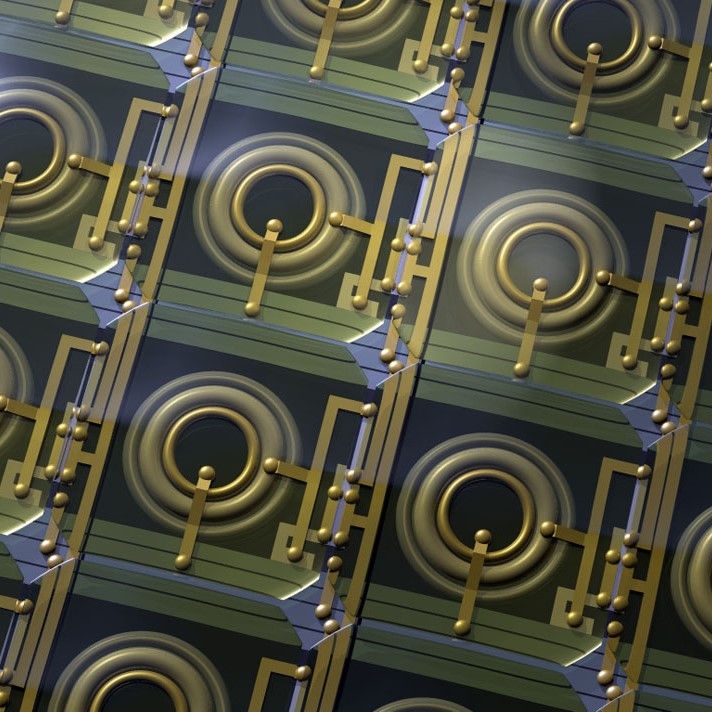
Our research mission is to model and develop hardware/software systems based on quantum devices. Particular emphasis is on high-speed [...]
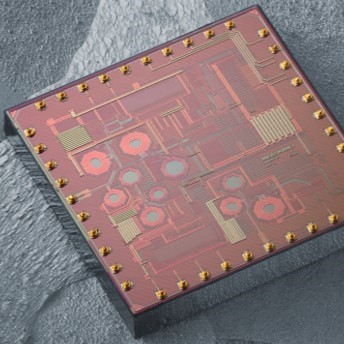
The Radio Frequency Integrated Circuits Group (RFIC) conducts research on analog and mixed-signal integrated circuits and systems for [...]
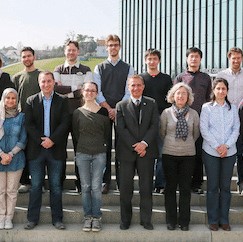
The Integrated Systems Laboratory (Laboratoire des Systèmes Intégrés – LSI) studies design technologies for circuits and systems. The [...]
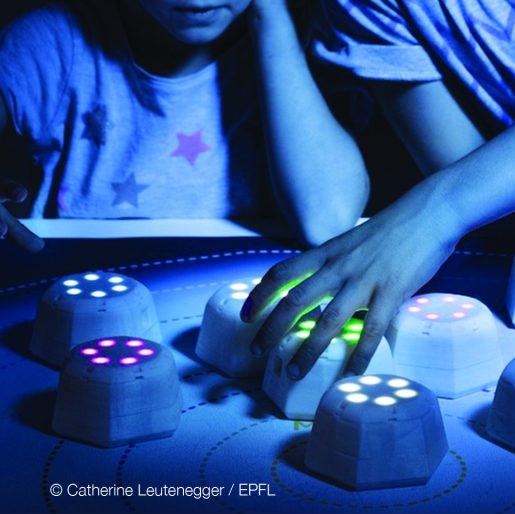
CHILI – formerly known as CRAFT – is doing research on novel interfaces for learning, with a focus on learning in teams. In recent a [...]
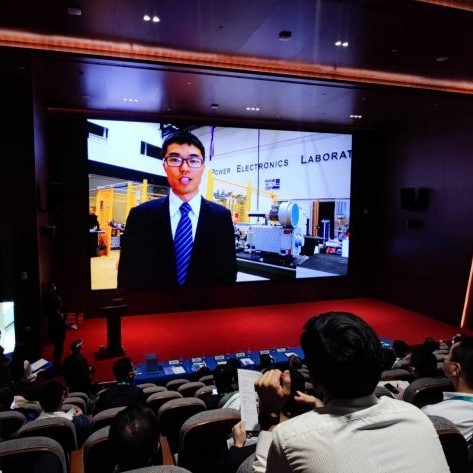
The research interests of the Power Electronics Laboratory are in the broad area of Electrical Energy Generation, Conversion, and [...]

The Multimedia Signal Processing Group is headed by Prof. Touradj Ebrahimi. The group is active in research and teaching in the field [...]

Dario Floreano and Nicola Nosengo describe new trends in robotics research and how they will impact our lives in a not-so-distant [...]
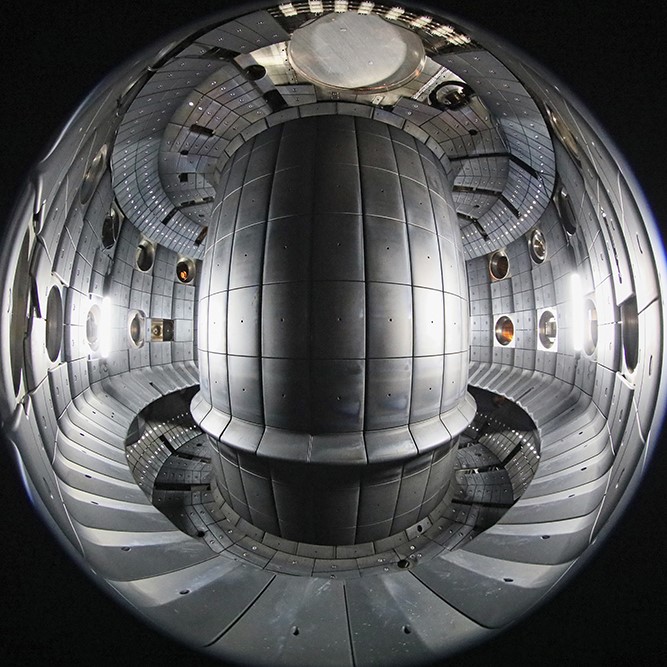
The Swiss Plasma Center is one of the world’s leading fusion research laboratories. Fusion is based on the principle that powers the [...]

The Earth and Planetary Science Laboratory belongs to the Institute of Physics (IPHYS) of the EPFL. It works to apply the techniques [...]
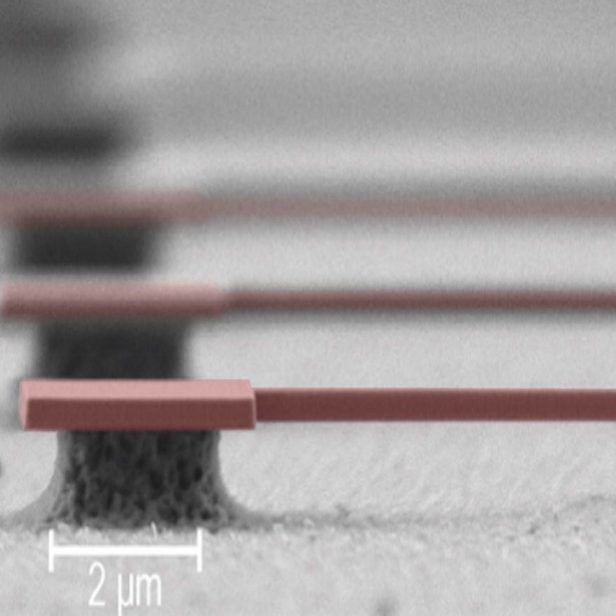
LASPE is currently investigating group-III nitride (GaN, AlN, InN, and their alloys) wide-bandgap semiconductors for Photonics and [...]
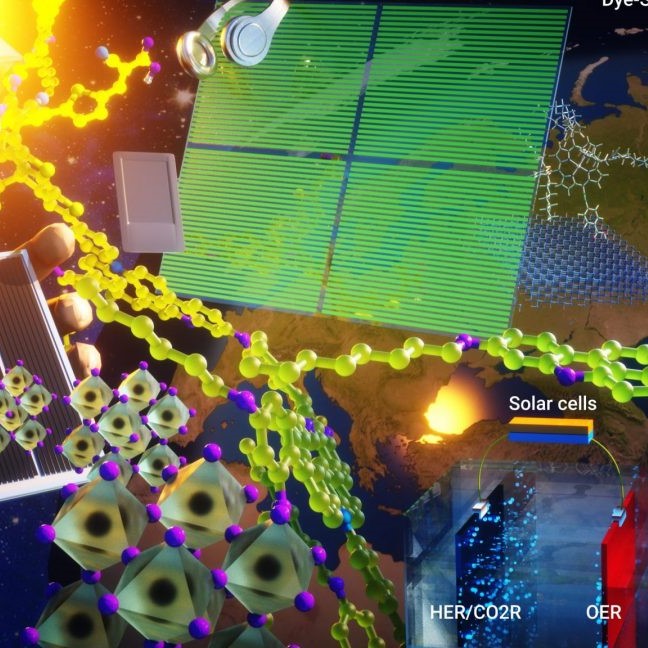
The focus of research at the Laboratory of Photonics and Interfaces is on photosystems that generate electric power or fuels from [...]
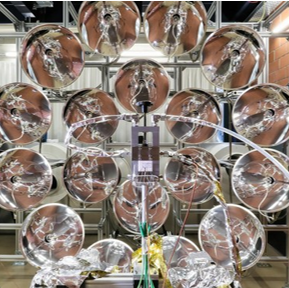
The Laboratory of Renewable Energy Science and Engineering (LRESE) at STI investigates the conversion of renewable energies [...]
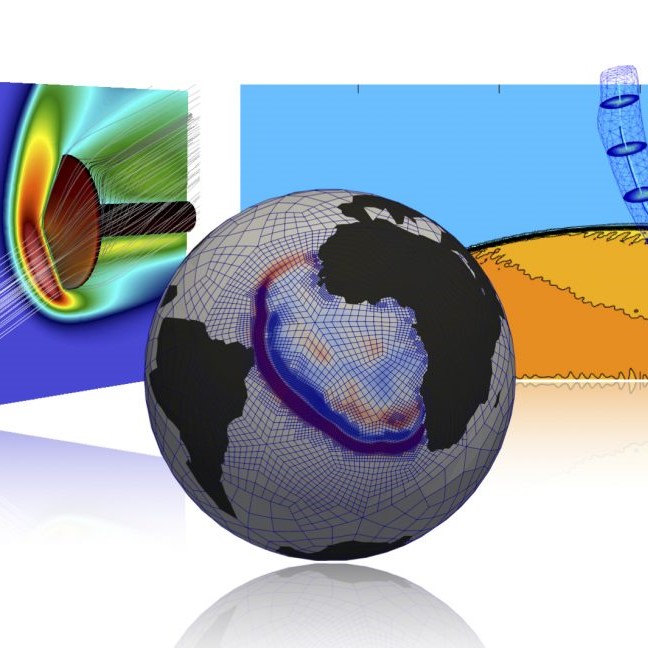
The research activities in the Chair focuses on the development, analysis and application of high-order accurate computational methods [...]
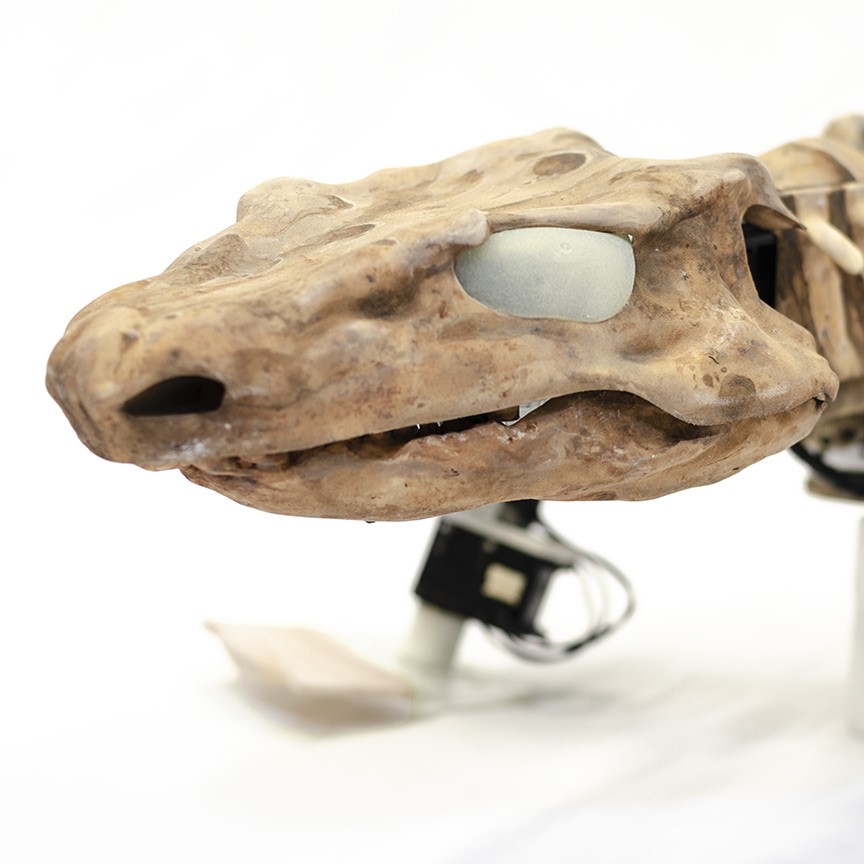
The Biorobotics Laboratory (BioRob in short) is part of the Institute of Bioengineering in the School of Engineering at the EPFL [...]
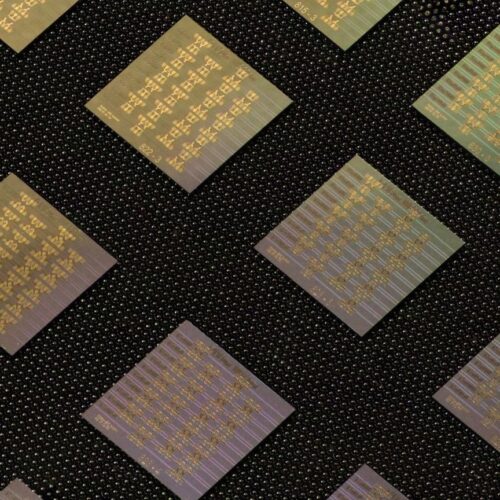
The Laboratory of Photonics and Quantum Measurements works broadly defined, in the field of Cross-Quantum Technology, i.e. it uses [...]
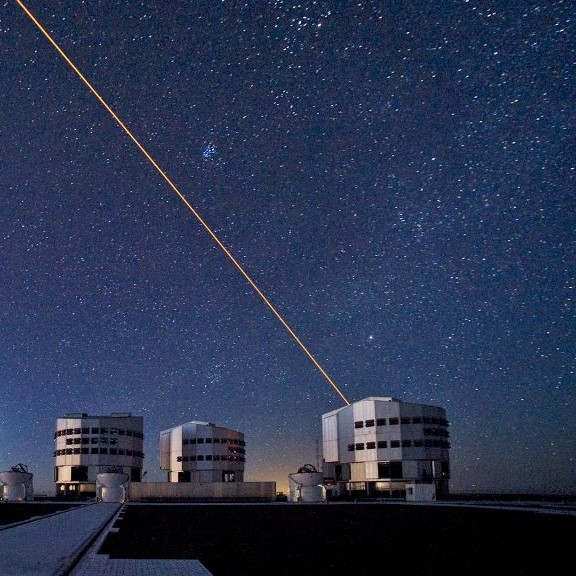
The Laboratory of Astrophysics (LASTRO) at the EPFL covers a wide range of complementary expertise, with a focus on advanced research [...]

LARA is a research group led by Viktor Kunčak. We develop precise automated reasoning techniques: tools, algorithms and languages. The [...]

In ICT4SM Group we focus our research vision on ICT for Sustainable Manufacturing. The overall goal of sustainable manufacturing is to [...]
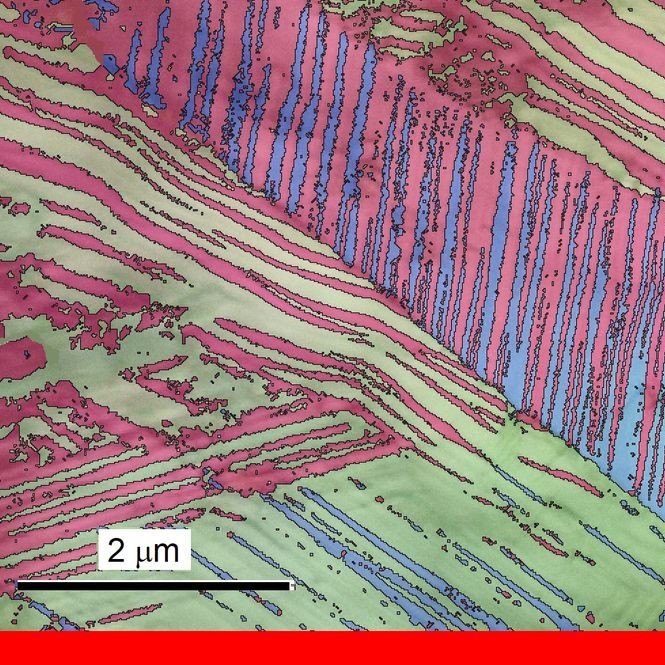
Research at LMTM – PX-Group chair is focused on the control and design of microstructures in metals and alloys through a combination [...]
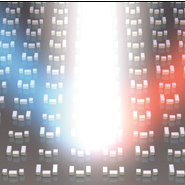
We are a bunch of enthusiastic scientists working on plasmonics, the optics of metallic nanostructures. We pursue a very comprehensive [...]
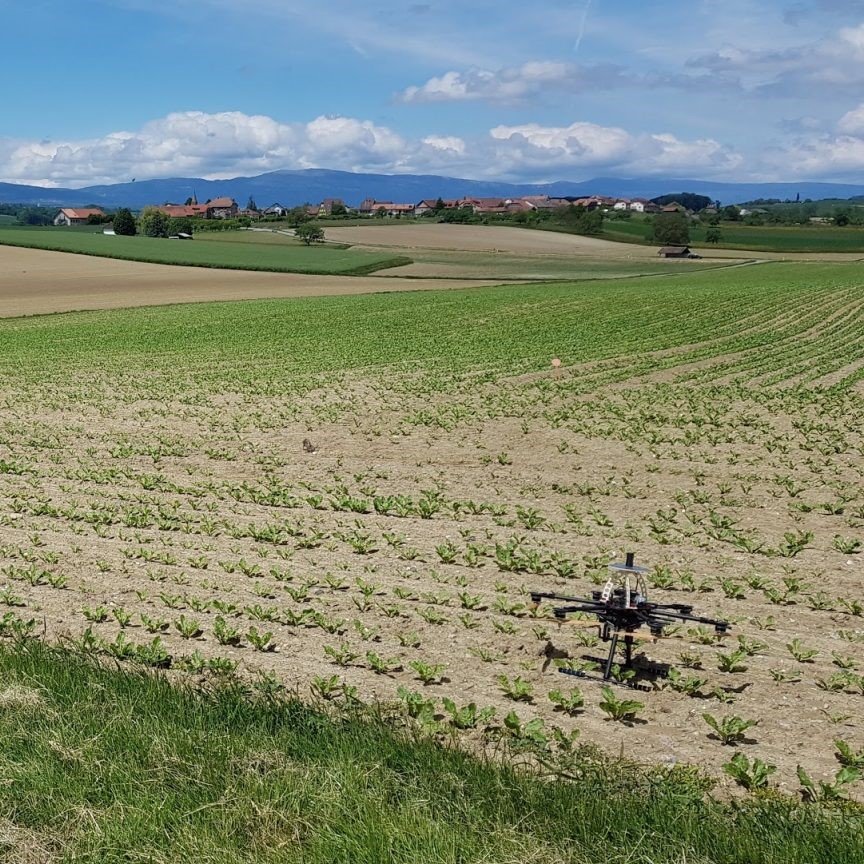
Prof. Bertrand Merminod
Our core lecturing and research activity are in Geomatics engineering. Based on the scientific frame-work of Geodesy this is one of [...]
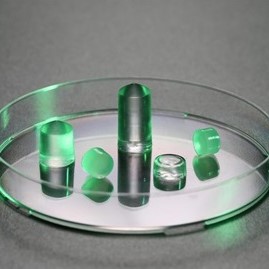
The objective of the Laboratory for Processing of Advanced Composites (LPAC) is to establish the scientific base for the next [...]
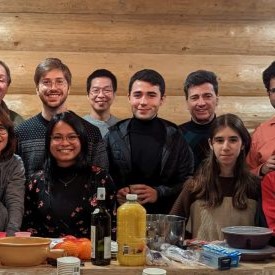
The “TIC” is in charge of teaching and research in the broad area of surface science and technology of materials. About 9-10 people [...]
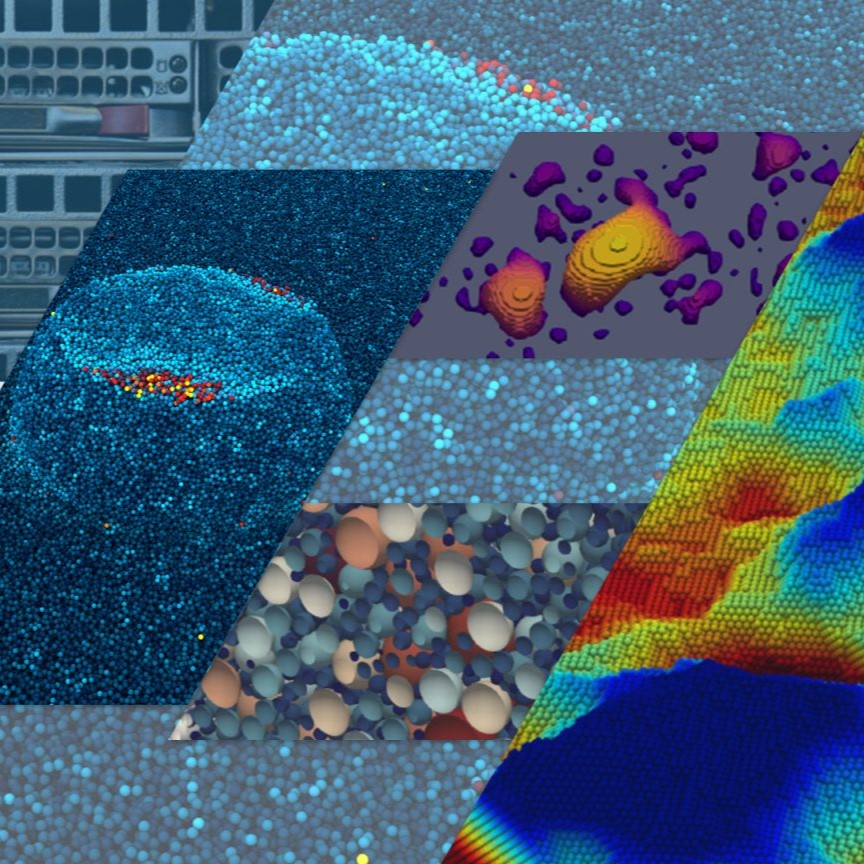
Simulation-based engineering science is becoming an ever more exciting discipline for scientific discovery. It is our belief that [...]
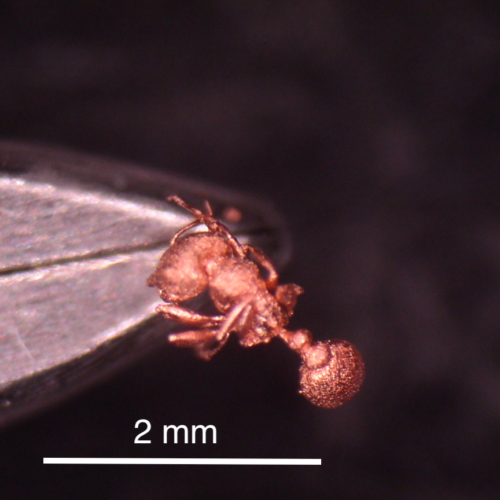
La recherche au Laboratoire de métallurgie mécanique porte sur la science et l’ingénierie des matériaux métalliques avancés. [...]
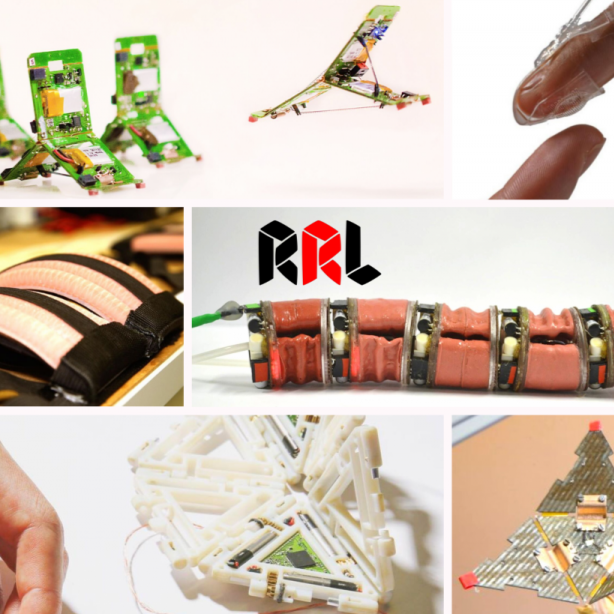
At the Reconfigurable Robotics Lab we focus on the design, actuation, fabrication, and control of unique robotic systems. The research [...]
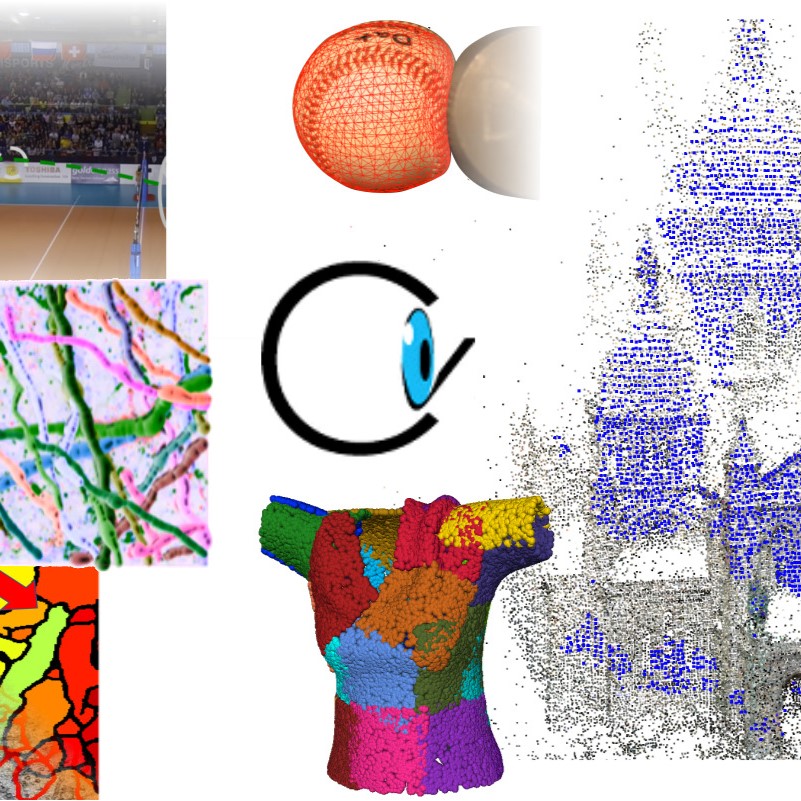
Mathieu Salzman
Our brains can make sense of what we see effortlessly. Our long-term goal is to emulate this ability to interpret images and extract [...]
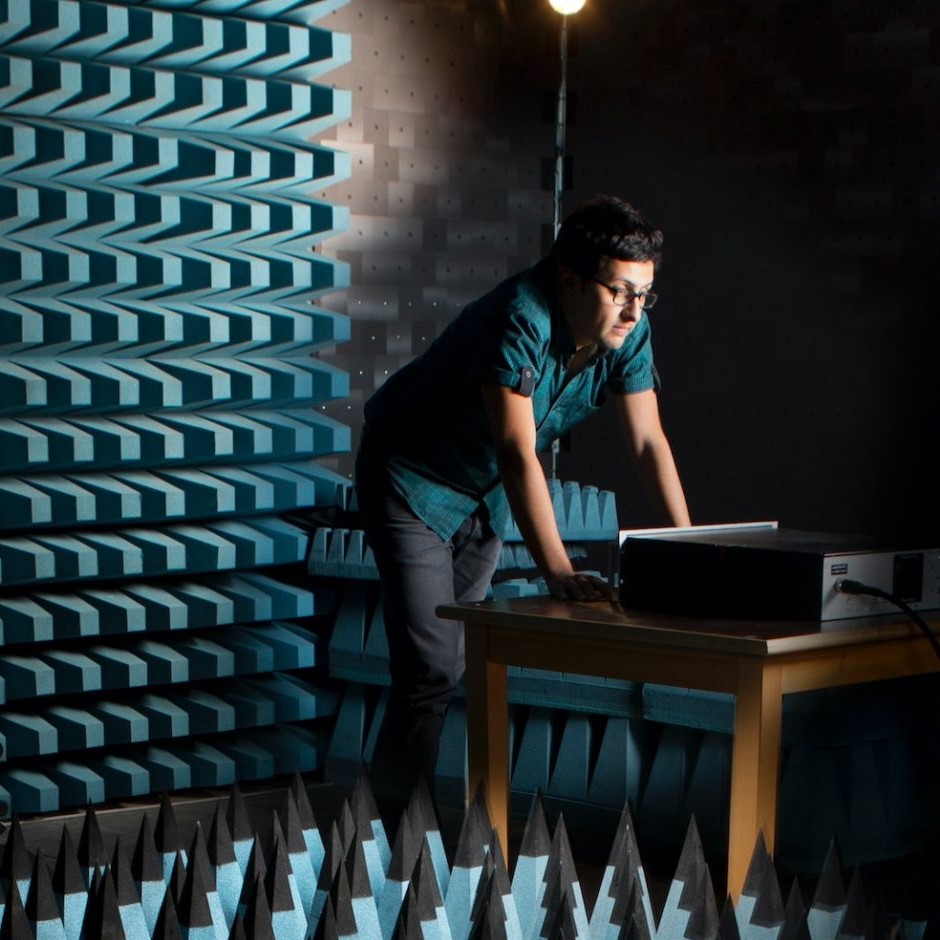
The Electromagnetic Compatibility Lab is interested in the science and technology of electromagnetic compatibility, with special focus [...]
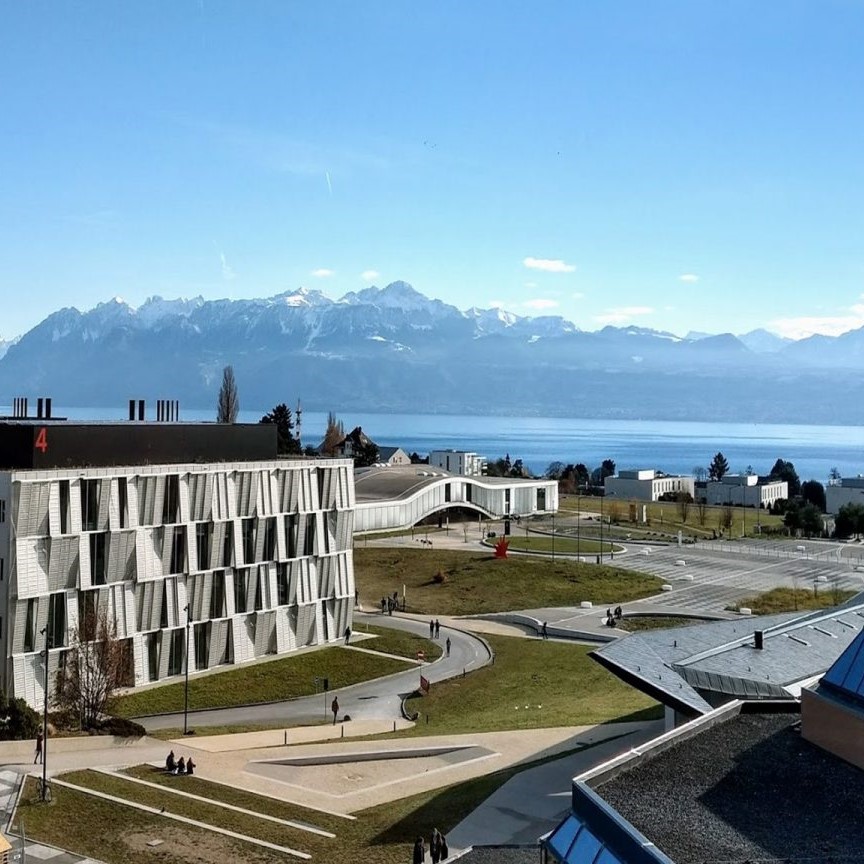
Our research focuses on embracing mechanical instabilities of slender structures toward devising, understanding and exploiting novel [...]
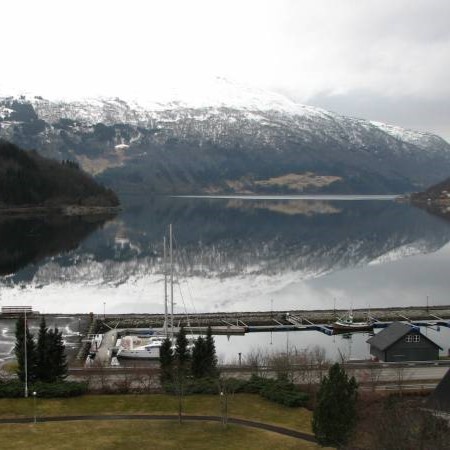
The Information Processing Group is concerned with fundamental issues in the area of communications, in particular coding and [...]
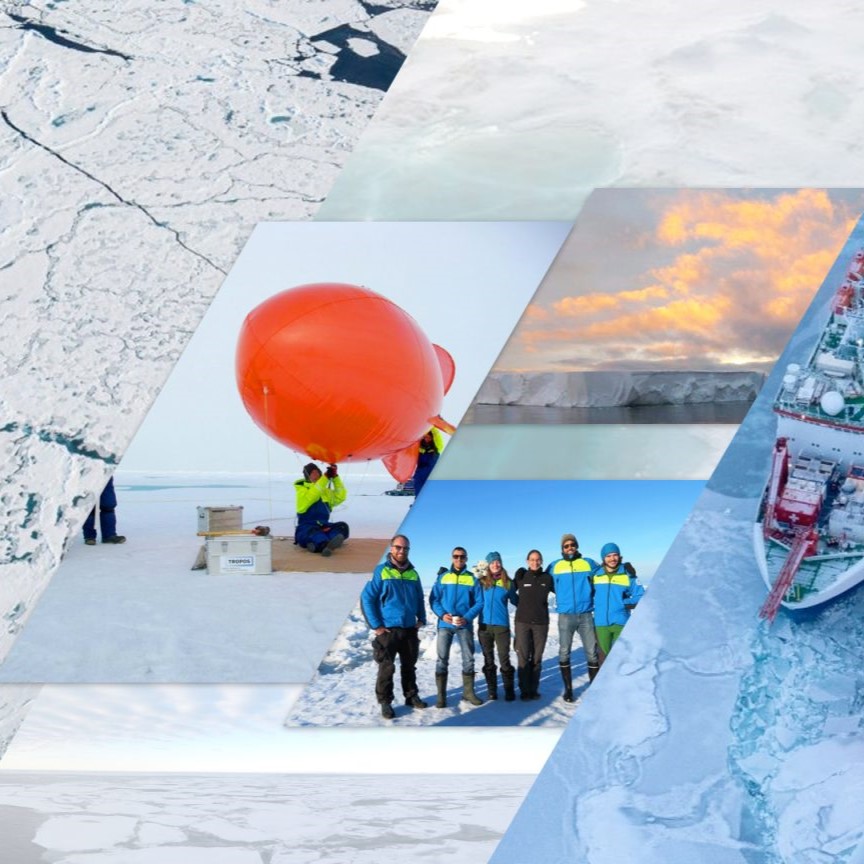
Extreme environments are very sensitive to climate change and are transforming at accelerated rates. This can have important [...]
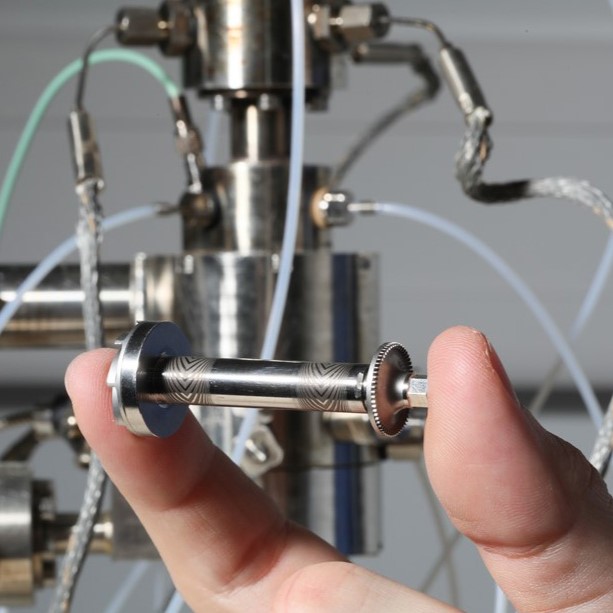
Research at the Laboratory for Applied Mechanical Design (LAMD) is focused on the design and experimental investigation of small [...]
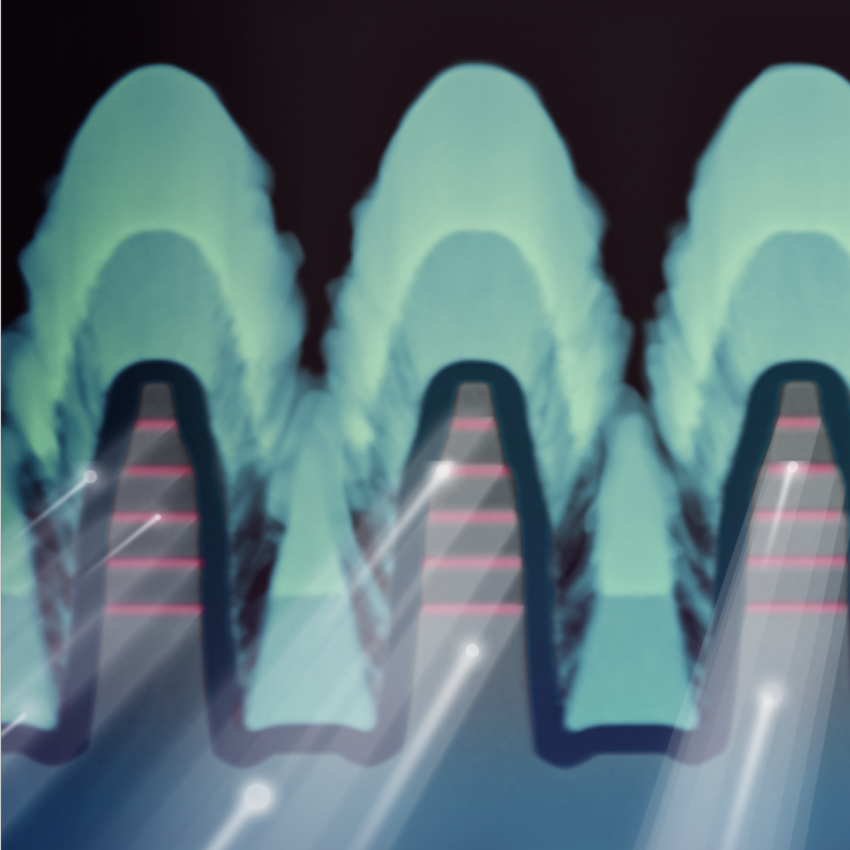
Our mission is to innovate semiconductor devices with nanoscale design of high-performance materials to exploit [...]
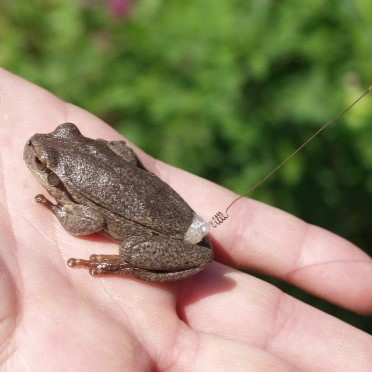
The Microwaves and Antennas Group (MAG) research focuses on antennas and passive mm-wave and microwave components, covering the [...]
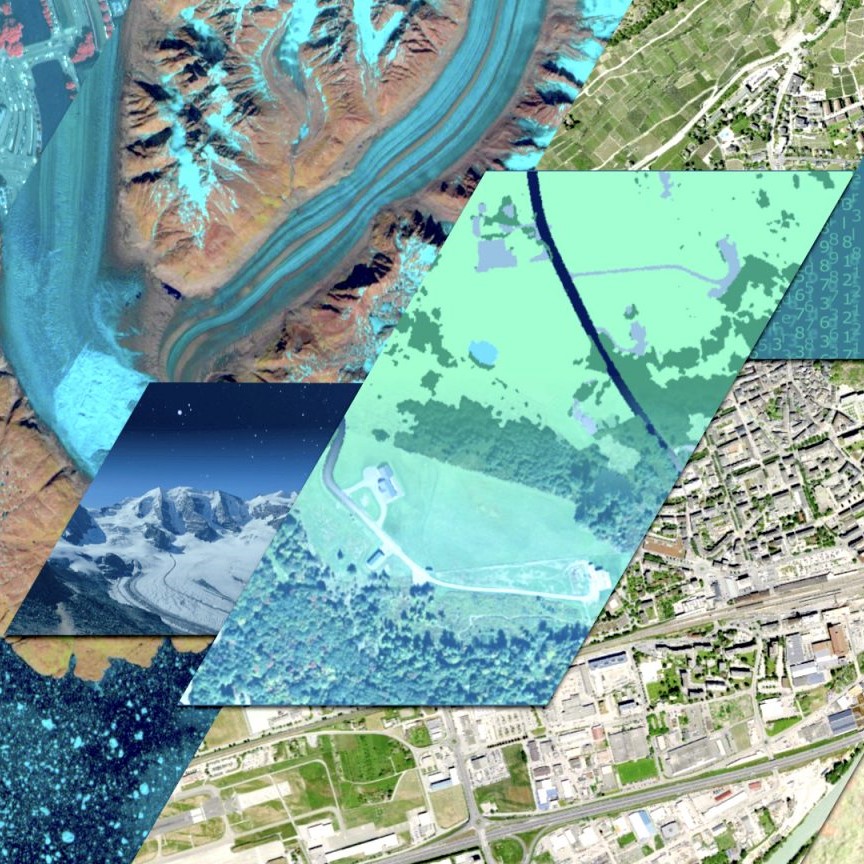
Nous faisons parler les images de la Terre. Pour cela nous utilisons l’intelligence artificielle et les images de télédétection. A [...]

CCLab’s research mission is to make a significant contribution to the development of a new generation of innovative high-performance [...]
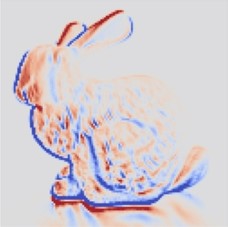
If we could backpropagate derivatives through a rendering algorithm, then it should be possible to employ some variant of gradient des [...]
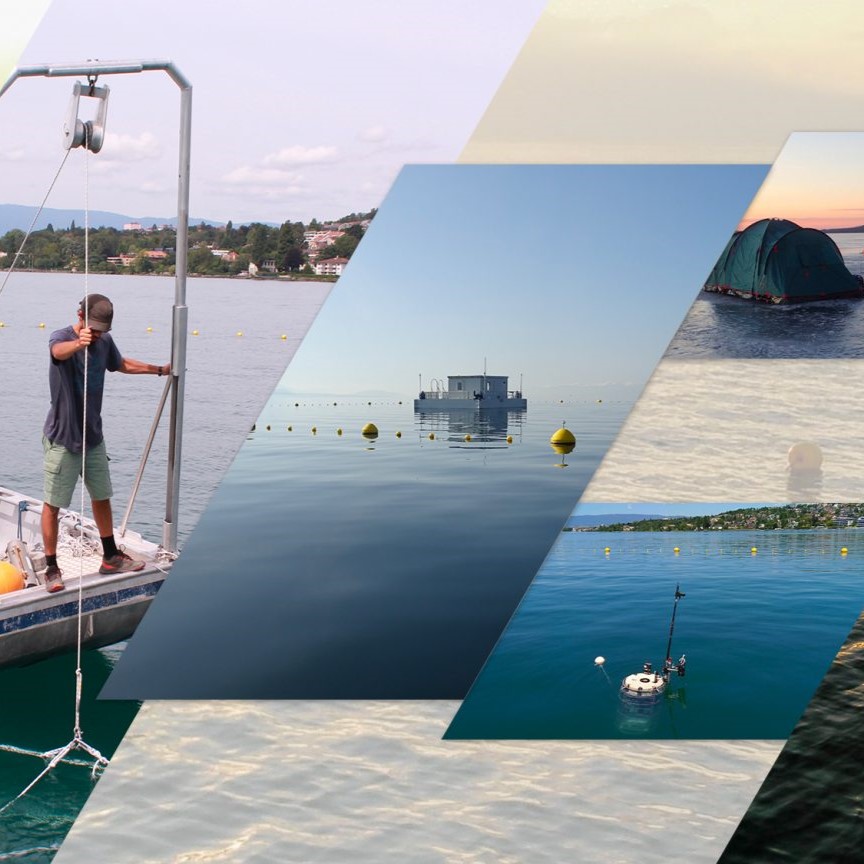
The aims of the APHYS Laboratory are to understand the physical processes in natural waters and specifically the responses and [...]
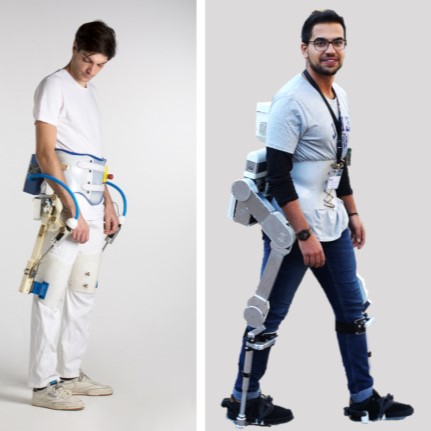
The research group Rehabilitation and Assistive Robotics – REHAssist– is headed up by Dr Mohamed Bouri and is affiliated to the [...]

The laboratory of cryospheric sciences investigates the processes that shape snow and ice in mountains and polar regions. [...]

Water resources of many countries all over the world solely depend on the amount of water stored in mountains. [...]

Geographical information plays an important role in the analysis of the structuring processes of the territory and of the landscape. [...]

Fostering excellence in imaging across scales and domains.

LASA develops methods to enable humans to teach robots to perform skills with the level of dexterity displayed by humans [...]
No Results Found